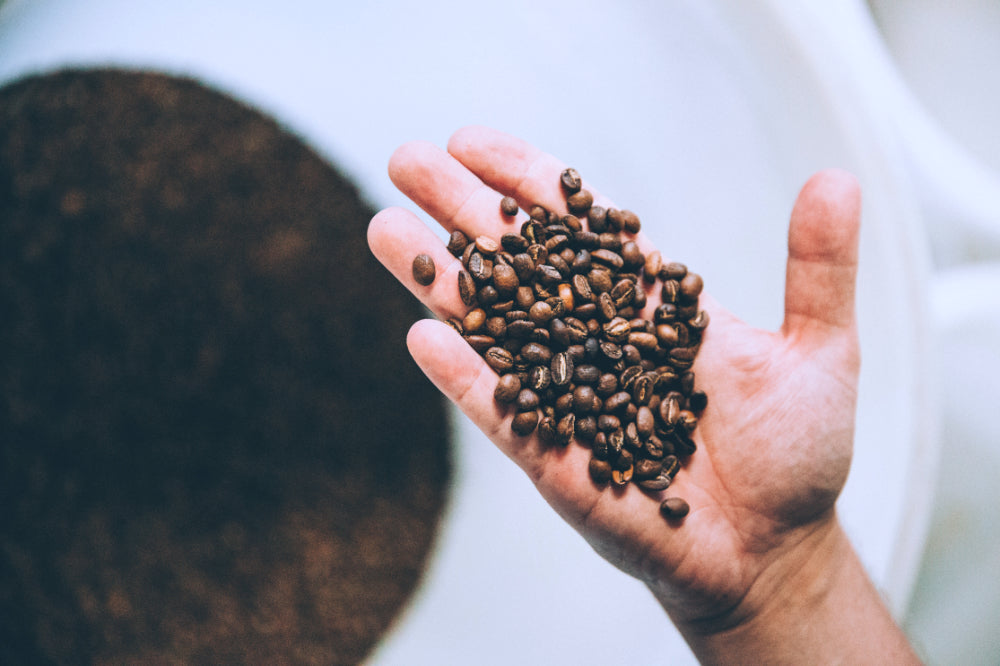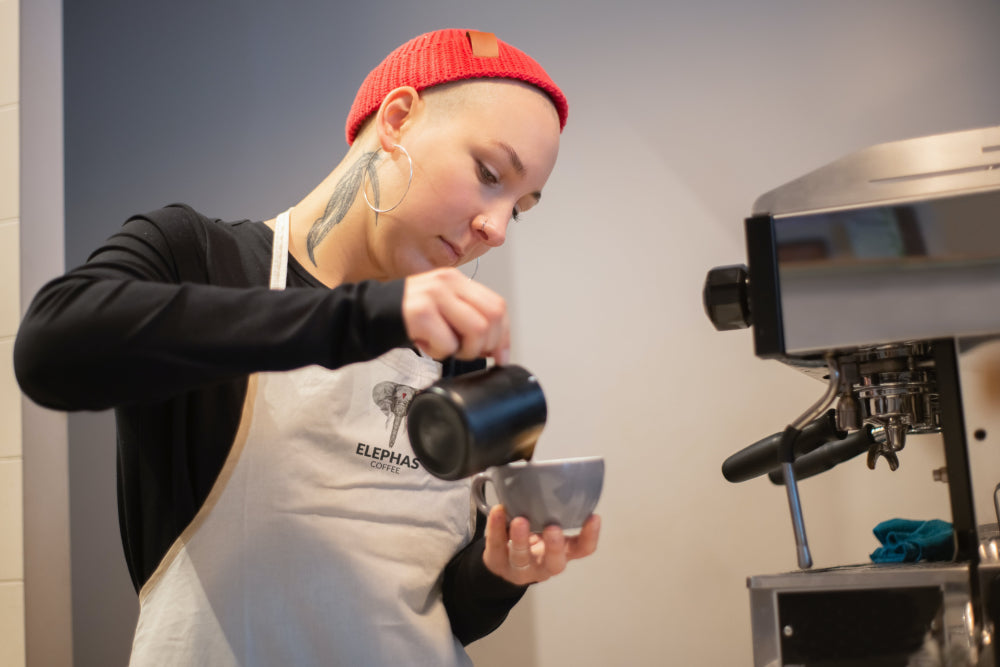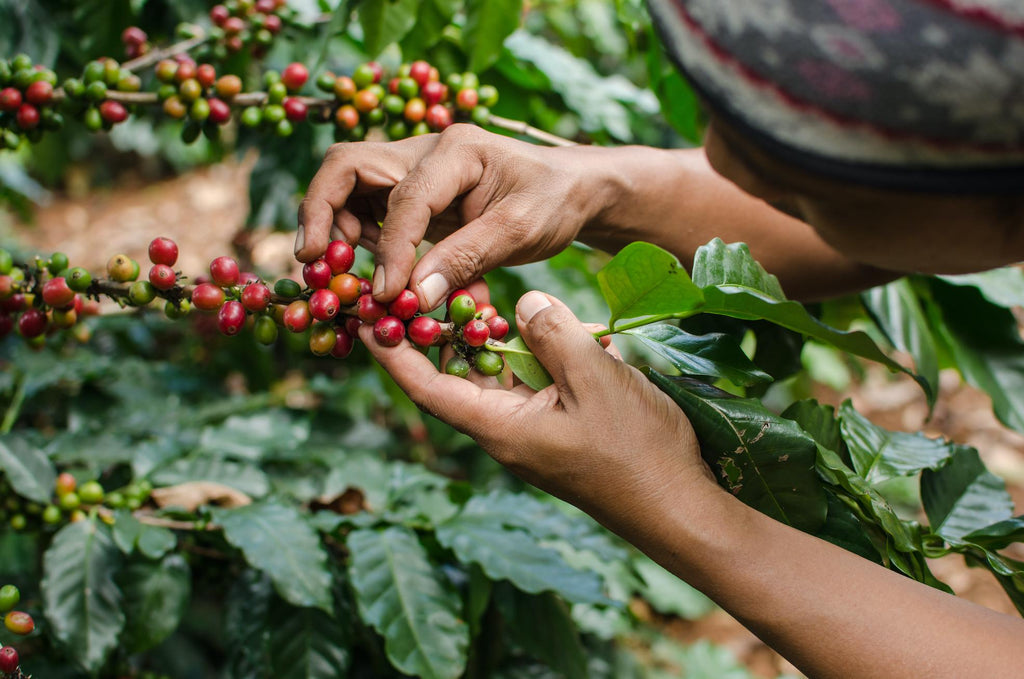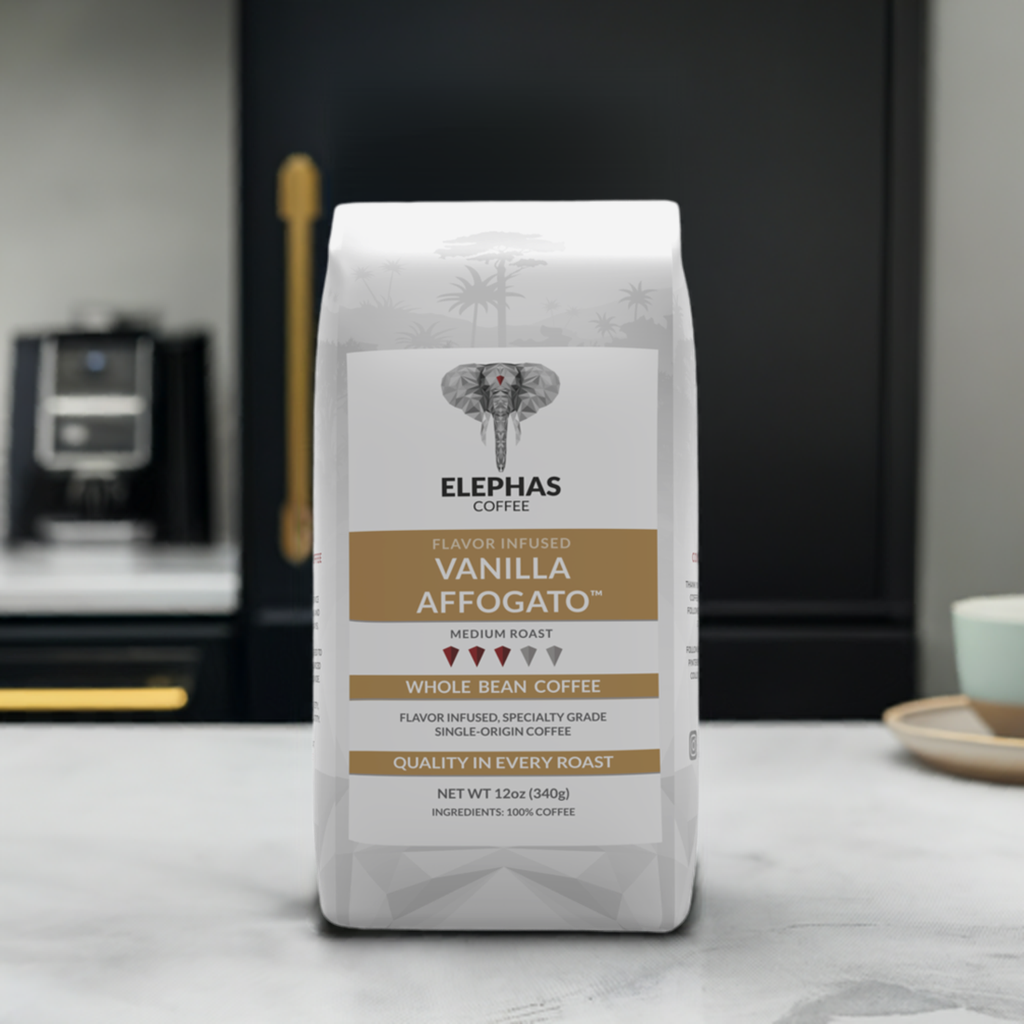
Exploring Single Origin Coffee: A Journey Through Flavorful Terroirs

Exploring Single Origin Coffee: A Journey Through Flavorful Terroirs
Coffee, much like wine, can be a journey through different landscapes and flavors. Single origin coffee is a term that often surfaces in this exploration, promising a unique and distinctive taste experience. So, what exactly is single origin coffee, and how does it contribute to the world of specialty coffee?
Defining Single Origin Coffee
Single origin coffee refers to coffee beans that come from a specific geographic location, typically a single country, region, or even a particular farm or estate. The idea behind single origin coffee is to highlight the unique characteristics and flavors that result from the distinct growing conditions of that particular area.
The Influence of Terroir
Terroir, a term often associated with wine, is equally relevant in the world of coffee. It encompasses the environmental factors that contribute to a crop's unique flavor profile. In the case of single origin coffee, terroir plays a crucial role, including factors such as:
- Climate: The temperature, rainfall, and overall climate of a region impact the way coffee cherries develop and mature.
- Soil: The composition of the soil influences the nutrient levels available to the coffee plants, contributing to the beans' distinct flavors.
- Altitude: Coffee grown at different altitudes can have varying acidity levels and flavor profiles. High-altitude coffee, for example, is often prized for its bright acidity.
- Topography: The physical features of the land, such as hills and valleys, can affect factors like drainage and sun exposure, influencing the beans' characteristics.
Why Choose Single Origin Coffee?
How to Enjoy Single Origin Coffee
Conclusion
Single origin coffee is a celebration of the land and the hands that cultivate it. As you indulge in a cup of single origin coffee, you embark on a journey through the terroirs, discovering the unique tastes that make each origin a distinct and flavorful part of the coffee world.



















